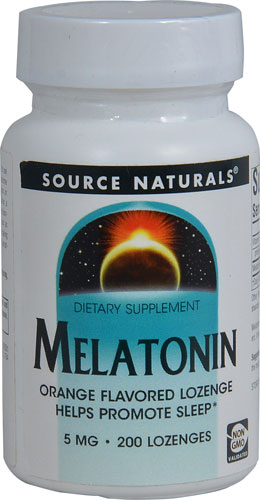Supplements are a big business: Americans spent $12.8 billion out-of-pocket on natural product supplements in 2012, according to a study conducted by the National Center for Complementary and Integrative Health (NCCIH). But supplements still operate under a cloak of mystery. No one knows for sure how supplements work, which encourages myths and hype to proliferate. Read on as we set the record straight about what your supplement can—and can’t—do.
The claim: Vitamin B gives you energy
There’s some truth to the claim but it’s a more indirect benefit than the claim would have you believe. B vitamins—thiamine (B1), riboflavin (B2), niacin (B3), pantothenic acid, pyridoxine (B6), B12, biotin and folate (B9)—do all have an impact on energy production.
But the vitamins don’t provide an instant natural energy. (The only way to get that quick boost of energy is from calories.) But behind the scenes through a series of complex chemical reactions, B vitamins do help convert dietary energy into ATP (adenosine triphosphate), a bioavailable form of energy that fuels our body.
The claim: Melatonin helps you sleep
The evidence for alternative sleep aids amounts to a resounding iffiness. This is despite the fact that roughly 3 million Americans reach for melatonin each year, lured by its reputation as a sleep aid. However, its connection to sleep is an indirect one.
Melatonin is a hormone secreted by the brain’s pineal gland that regulates the body’s circadian rhythm, our 24-hour “clock.” Melatonin levels rise in the evening, putting us into a state of drowsiness that helps promote sleep. However, the strongest evidence for melatonin supplements is regarding their short-term use for preventing or reducing jet lag, as a sleep-aid specifically for times when we wouldn't normally be resting. One 2009 review by the Cochrane Collaboration concluded that melatonin does help adult travelers who are flying across five or more time zones, particularly in an easterly direction.
The claim: Turmeric reduces risk of Alzheimer's disease
While turmeric (curcumin) has been linked to protection against cognitive decline, there just isn’t enough evidence from studies on humans to be conclusive. Despite their promising outcomes, the studies thus far have been very small. There is more evidence to support the use of turmeric to reduce inflammation and as a natural form of pain relief.
The claim: Vitamin C prevents a cold
When cold and flu season ramps up, a lot of people load up on OJ and vitamin C-supplements to avoid getting sick. Yet that’s not how vitamin C works. It doesn’t prevent colds, but there is some research that shows people who regularly take vitamin C supplements may have slightly shorter colds or less severe symptoms.
On the other hand, vitamin C plays a key role for immune function. Of course, the best way to keep your immune system strong is to eat healthfully, including vitamin C-rich produce. And think beyond citrus—kohlrabi, Brussels sprouts and broccoli have as much vitamin C as oranges. Realistically speaking, a 2017 CDC study found that only one in 10 Americans eat enough fruits and vegetables. Taking a vitamin C supplement can be a smart way to fill the gap between how we should eat and how we actually eat.




